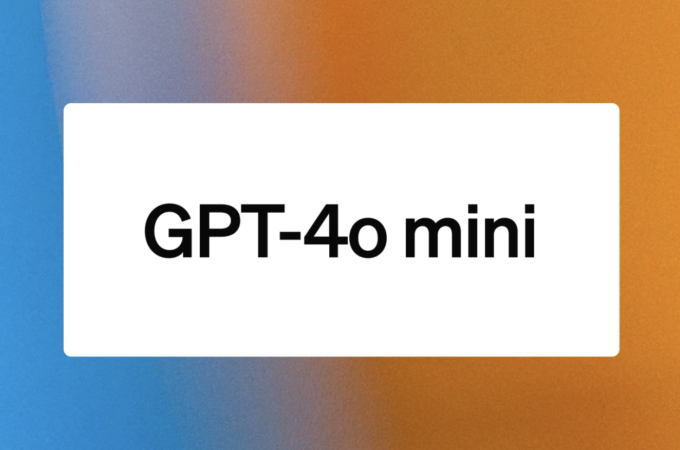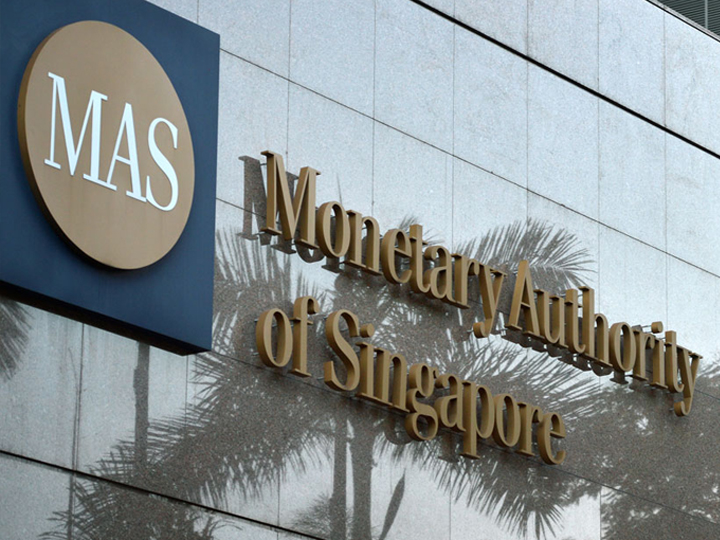Singapore p2p online lending sector may see first loan default
By Jamie Jee for the Business Times
Capital Match says troubled customer is in construction business; MoolahSense and Funding Societies claim their loans at no risk of default
SINGAPORE’S nascent peer-to-peer (p2p) lending sector may see its first loan default soon amid weak economic conditions, with at least one such online platform reporting a recent rise in “payment issues” during the Chinese New Year period.
Capital Match told The Business Times that it may see its first default out of a total of about 50 loans. A check with its two main competitors, MoolahSense and Funding Societies, showed that all their existing loans are not at risk of default – going by their credit definitions.
While a drop in the ocean compared to Singapore’s total business loan pie, the largely unregulated p2p loan marketplace has been popular, generating about S$15 million in loans over a fairly short time.
Also known as crowdfunding platforms, p2p sites earn a fee by helping to matchmake SMEs seeking short-term loans to investors. They register regular investors for their contact details, screen businesses looking for loans, then get investors keen on earning the interest to subscribe to a loan.
Despite the high risk and unsecured nature of the loans, the obvious attraction for retail investors is the double-digit interest rates they can earn on the small and short-term lending. The loans, some of which have paid up to an annual interest rate of about 20 per cent, are usually snapped up fast.
Investors have reportedly lent out tens of thousands of dollars to SMEs through these sites that sprang up in the last year or so. These p2p lending platforms say several SMEs turn to them because of the firms’ weaker credit score, the quicker processing and no collateral needed.
The troubled Capital Match loan was extended to a construction company, and interest payment has been overdue for a few months, Pawel Kuznicki, director at Capital Match, told The Business Times. He declined to give details on the size or tenure of the loan; the site says it offers financing at between S$50,000 and S$200,000.
The p2p site has registered a rise in “payment issues” during the Chinese New Year period, and informed investors via e-mail of payments that had fallen behind. During the festive season, many smaller SMEs were on break, said Mr Kuznicki.
“Repayments on loans are considered unlucky in the context of the Chinese culture,” he said. “There are still a few companies with delayed payments but a number of recent delays have been cleared now. We have experienced one case that likely will result in a default, out of close to 50 loans.”
This comes as the president of the Association of Small and Medium Enterprises warned this week that SMEs here – many of which remain in traditional businesses – risk going bust. Kurt Wee told The Business Times that SMEs have, since Chinese New Year last year, “more or less” stopped filling vacancies; they have been facing problems in collecting accounts receivables since mid-2015.
For perspective, the size of business lending in Singapore stands at S$357 billion.
These crowdfunding sites are not regulated by the Monetary Authority of Singapore at the moment.
In the event of a bankruptcy, any amounts recovered through Capital Match will first be repaid to investors’ principal and then investors’ interest.
These are unsecured loans, which rank lower in priority than secured lending but are on par with other forms of unsecured loans from banks, top executives at the p2p lending sites said.
Investors may also file their claims against the personal guarantors of loans if the borrowers default, said MoolahSense’s founder Lawrence Yong.
All three p2p sites say the loans are backed by personal guarantors, typically by the company directors. But Mr Yong was clear that p2p investments carry risks, including the risk of losing the entire invested amount.
Capital Match said on its website that it has funded about S$6 million in p2p loans to date.
“Most of our borrowers, and all of those that have been delayed, do have bank loans as well and the borrowers are also late on payments to banks,” said Mr Kuznicki. “This market condition is affecting equally banks and peer-to-peer lending platforms. Obviously it’s a smaller share of banks’ portfolio because they also have huge corporate debt that carries less risk, while peer-to-peer lending platforms only work with SMEs.”
Funding Societies defines a default as missing two monthly repayments or threats to cease repayment altogether, said Kelvin Teo, co-founder of Funding Societies. This p2p lending platform, which is the only lending platform with a government-registered escrow account, has matched SMEs to about 50 loans from investors totalling S$4.6 million.
“In comparing default and late repayment between platforms, it’s extremely critical to compare apple to apple because platforms may use different definitions. We believe our definitions are on the conservative side,” Mr Teo told The Business Times.
“We’re proud that none of our late repayment has exceeded 30 days, mostly being late for just a week or two. Neither did we have to use a collection agency nor take legal action.”
MoolahSense may categorise a loan to be in default if the borrower has not “remedied” a missed or partial payment after 90 days from the first due date, said Mr Yong.
“Late repayments, delinquencies and defaults are part and parcel of SME lending. From time to time, some SMEs may face payment delays from their customers which may affect their short-term liquidity to promptly meet their obligations. While not ideal, for most SMEs, these are temporary and can be resolved after some days,” said Mr Yong, whose platform has matched more than S$5 million in loans.
“However, a longer period of delinquency may suggest that the SME may be under some financial stress.”
These platforms have similar loan recovery processes. They include phone calls to borrowers when they have missed payment deadlines, the use of debt collectors and demand letters sent on behalf of the investors. Capital Match has issued demand letters to about eight companies.
All the p2p lending platforms charge borrowers a late payment fee as well.
The loans run from about S$10,000 to S$200,000 in size, and for three to 12 months typically. Investors can check the credit scores of the companies on such p2p lending platforms and examine various metrics that determine liquidity and level of indebtedness before they plough money in. Repayment information is available. Some reports from p2p lending platforms go so far as to detail if the company directors are divorced, and if the companies are embroiled in any legal dispute.
At Capital Match, the time taken to fully fund a loan is on average less than 12 hours, and often sewn up in a couple of hours.
For Capital Match and MoolahSense, the minimum investment is S$1,000 each time. At Funding Societies, it’s at S$100 per loan.
The loans are usually fully subscribed, said MoolahSense’s Mr Yong. For Funding Societies, 20 to 30 investors would be supporting a small loan; this can expand to 100 investors for large loans.
Funding Societies also openly advocates a “skin in the game” philosophy, with its founders investing at least a few hundred dollars in every single loan to align interest.
“When we see an investor putting in too much funds in a single loan, we’d usually call and remind him or her to split the funds across multiple loans,” Mr Teo said. Keeping investors informed is a priority, he noted. “We believe transparency is key.”
The article first appeared in The Business Times




